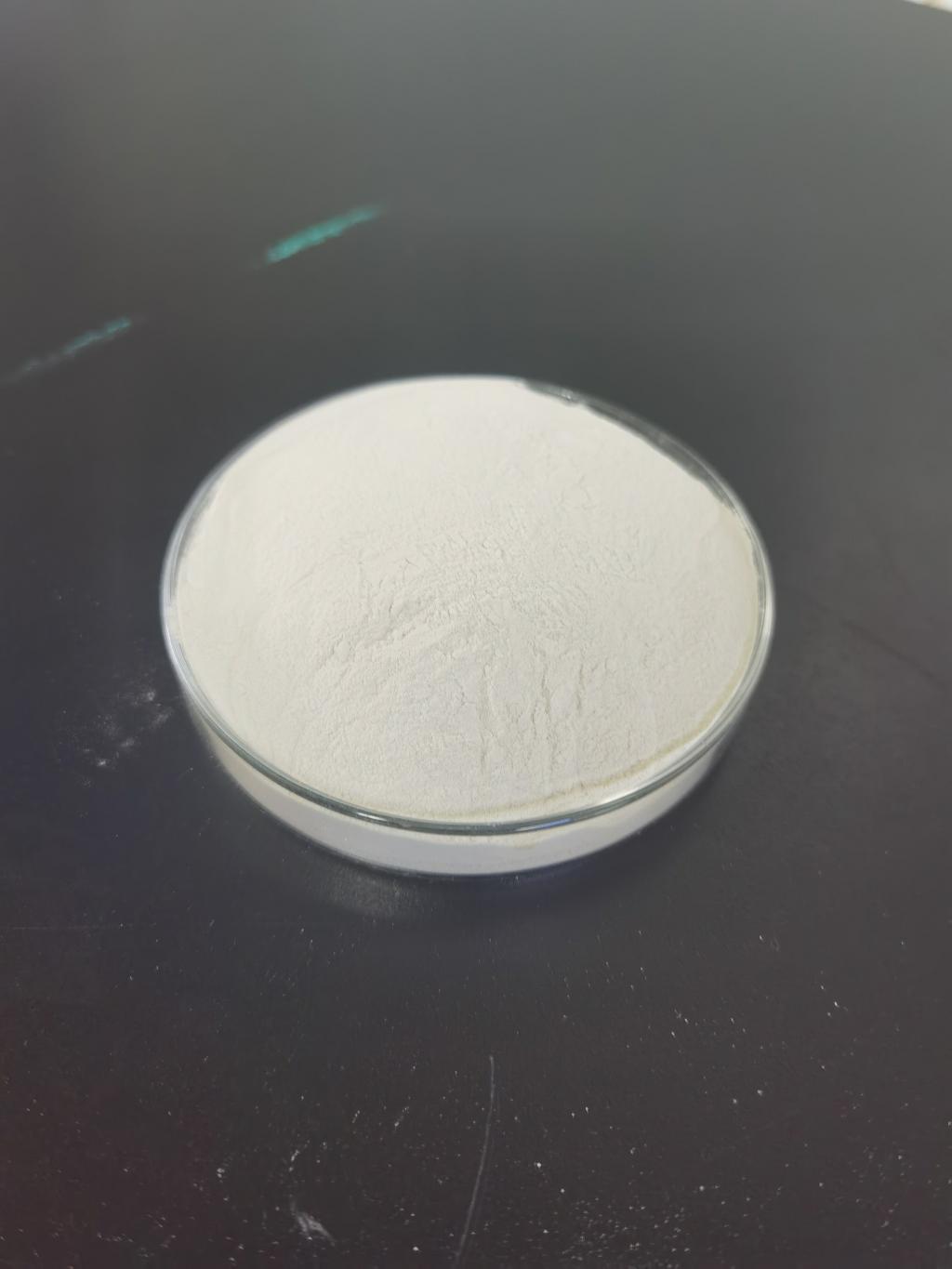Tel:+8618231198596

News
 CONTACT
CONTACT
 CONTACT
CONTACT
- Linkman:Linda Yao
- Tel: +8618231198596
- Email:linda.yao@dcpharma.cn
- Linkman:CHARLES.WANG
- Department:Overseas
- Tel: 0086 0311-85537378 0086 0311-85539701
News
Are there any health benefits associated with consuming Nisin?
TIME:2023-06-08
Anti-Infective Properties:
Nisin has been extensively studied for its ability to combat various infectious agents. Research has shown that nisin can effectively inhibit the growth of several pathogenic bacteria, including Listeria monocytogenes, Staphylococcus aureus, and Bacillus cereus. By preventing the proliferation of these harmful bacteria, nisin may contribute to reducing the risk of foodborne illnesses and other infectious diseases.
Antimicrobial Resistance:
The rise of antimicrobial resistance is a major global health concern. Nisin's unique mode of action, which targets the bacterial cell membrane, makes it difficult for bacteria to develop resistance. Unlike many conventional antibiotics, nisin's mechanism of action is less prone to resistance development. This feature positions nisin as a potential alternative to conventional antibiotics and could help address the growing problem of antibiotic resistance.
Gut Health and Microbiota Modulation:
The human gut microbiota plays a crucial role in maintaining overall health and well-being. Nisin has been shown to have a selective antimicrobial effect on certain pathogenic bacteria while having minimal impact on beneficial gut bacteria. This selective antimicrobial activity suggests that nisin may help modulate the gut microbiota by promoting the growth of beneficial bacteria and inhibiting the growth of harmful ones.
Anti-Inflammatory Effects:
Inflammation is a key factor in the development of various chronic diseases, including cardiovascular disease, diabetes, and inflammatory bowel disease. Studies have indicated that nisin exhibits anti-inflammatory properties by suppressing the production of pro-inflammatory molecules. This suggests that nisin may have the potential to mitigate chronic inflammation and contribute to the prevention or management of inflammatory conditions.
Anticancer Potential:
Emerging evidence suggests that nisin may possess anticancer properties. In vitro studies have demonstrated the ability of nisin to inhibit the growth and induce cell death in various cancer cell lines, including breast, colon, and prostate cancer. Furthermore, animal studies have shown promising results, indicating that nisin may inhibit tumor growth and metastasis. However, further research is needed to fully understand the anticancer mechanisms and evaluate its potential in clinical settings.
Oral Health:
Nisin's antimicrobial properties extend to the oral cavity, where it can combat harmful bacteria associated with dental caries and periodontal diseases. Research has shown that nisin can inhibit the growth of Streptococcus mutans, a key bacteria involved in tooth decay. Incorporating nisin into oral care products or utilizing it as a therapeutic agent may offer a natural and effective approach to promoting oral health.
Preservation of Nutritional Value:
Food preservation methods often involve the use of synthetic preservatives, which can have detrimental effects on the nutritional value of foods. Nisin, being a natural antimicrobial agent, offers an alternative that can help preserve the nutritional content of food products. By inhibiting microbial growth, nisin can extend the shelf life of foods without compromising their nutritional quality.
Conclusion:
While nisin is primarily known for its antimicrobial properties and its role in food preservation, research suggests that its consumption may offer additional health benefits. From its anti-infective and anti-inflammatory effects to its potential role in modulating the gut microbiota and its anticancer properties, nisin presents itself as a promising natural compound with various health-promoting properties. However, further studies, including human clinical trials, are needed to fully understand the extent of these health benefits and determine optimal dosages for specific applications.
- Tel:+8618231198596
- Whatsapp:18231198596
- Chat With Skype







